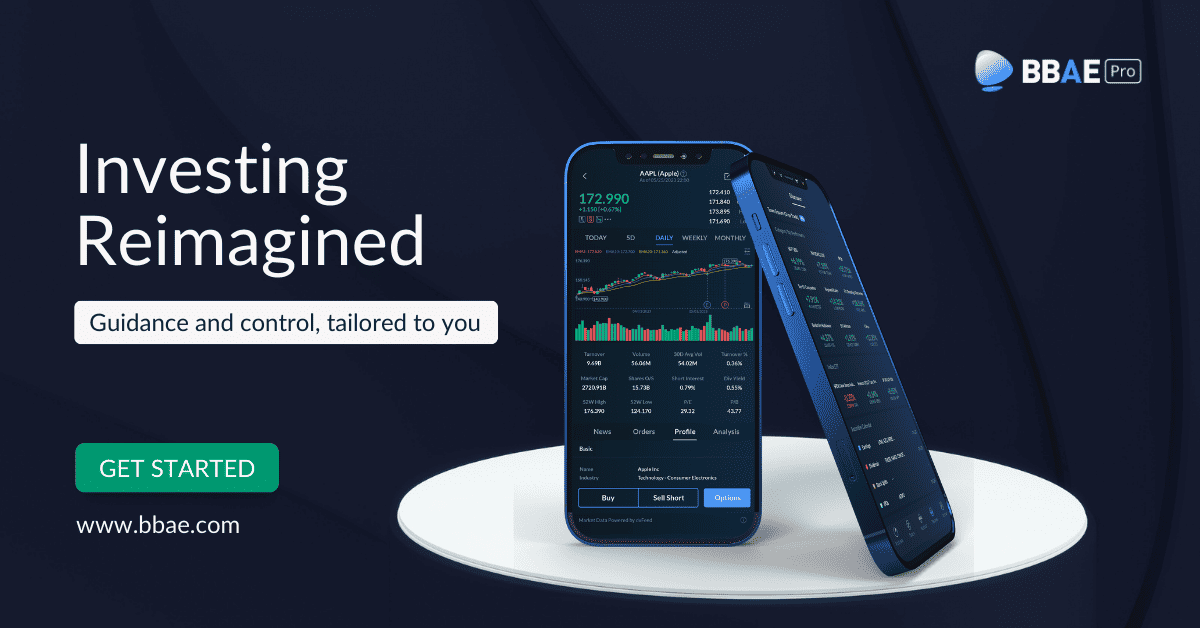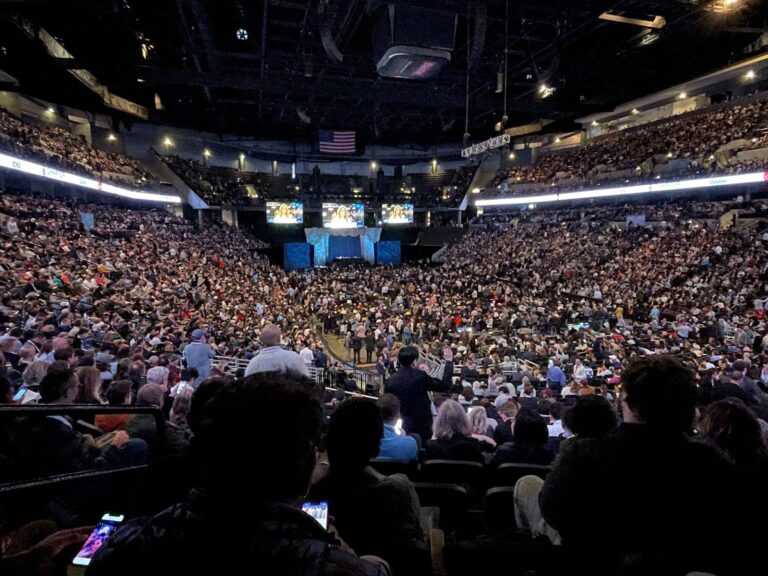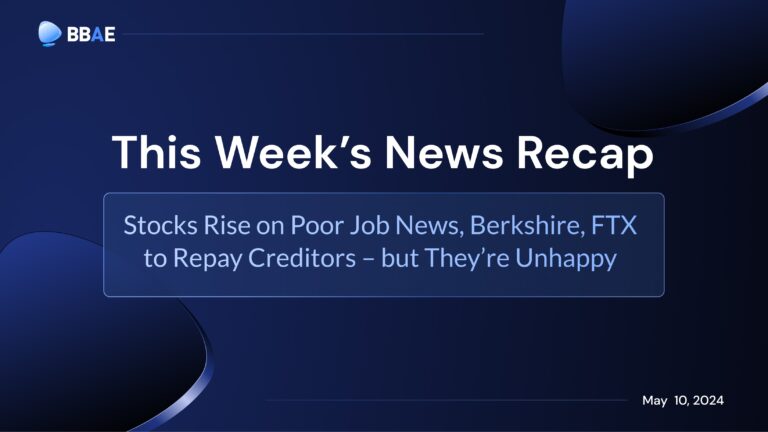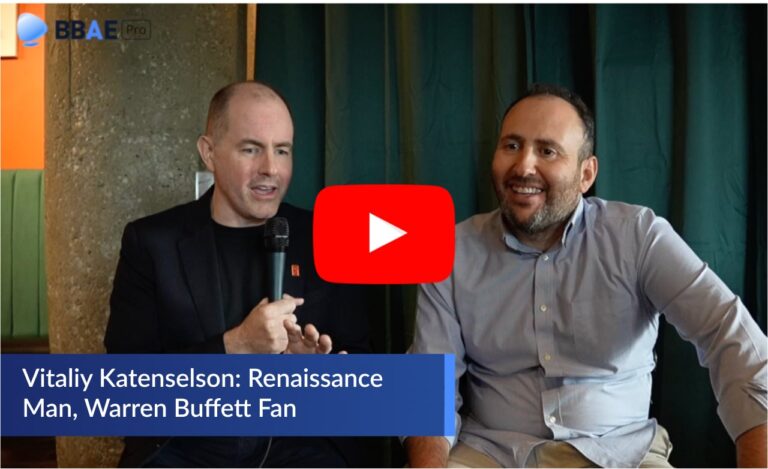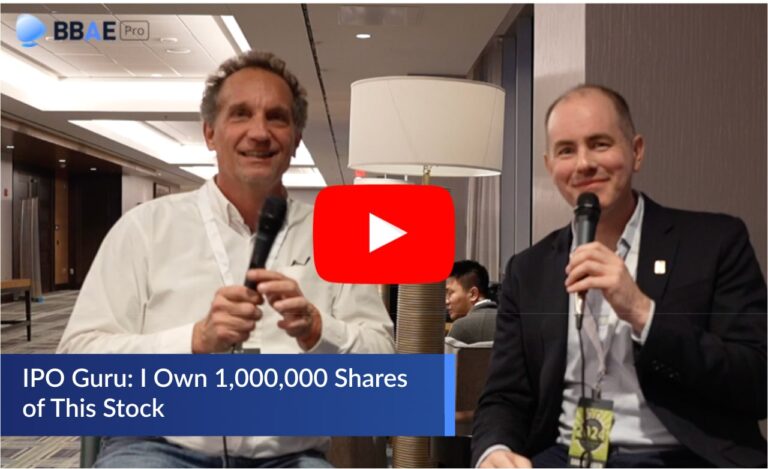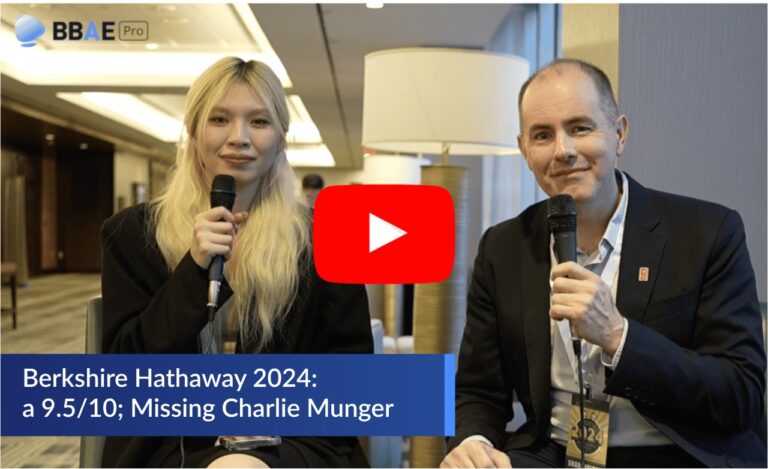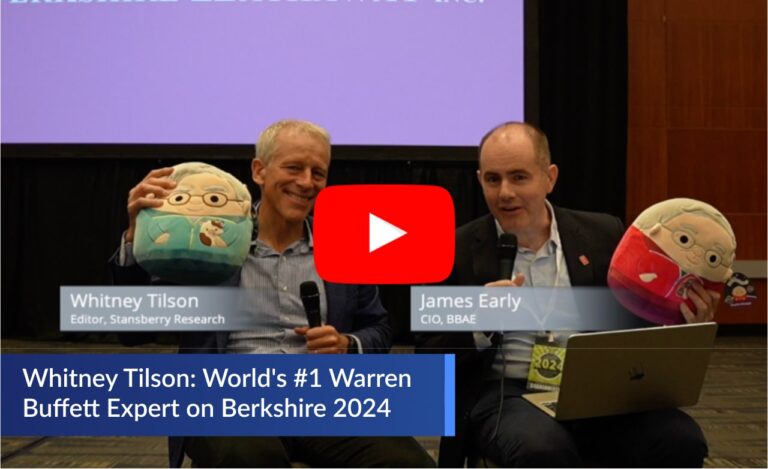I penned a piece in Forbes about how “experts” have been predicting China to implode for decades now – and other experts have been predicting that China would overtake the US by GDP, and how both have been wrong so far.
Honestly, I didn’t feel the article was earth-shaking, but I woke up to pings and reach outs from Reuters, CNBC, and BBC. So within a few hours, I was live on the BBC evening news discussing China from the lens of Henry Kissinger’s visit.
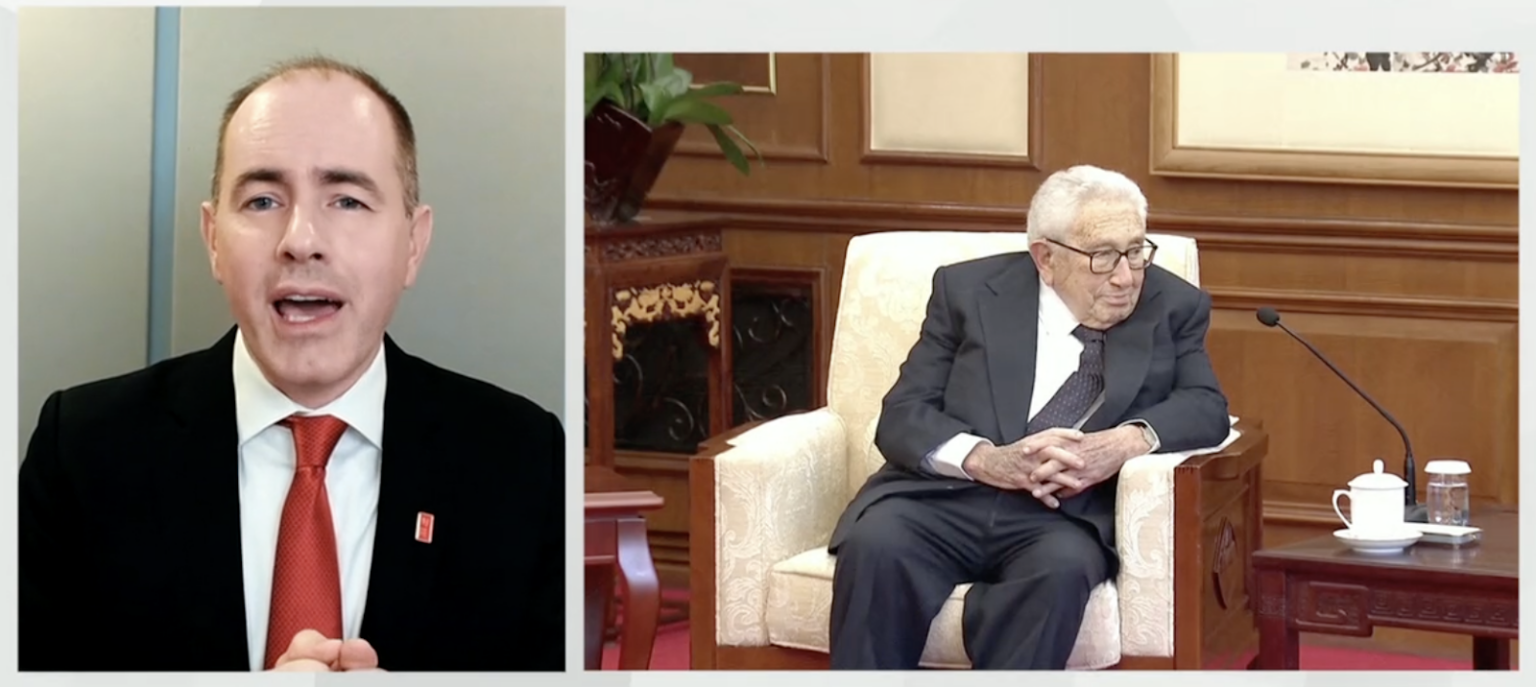
I called Kissinger’s visit vigilante diplomacy because the 100-year-old emissary is not connected to the US government and officially just represents himself. But that’s part of the schtick in that his non-governmental-ness makes him like a mutual friend who’s jumped in to aid a relationship spat.
Optics reign supreme in China, and having a 100-year-old make a trans-Pacific flight to pay a visit is great optics in itself – but not only can Kissinger meet with people like general Li Shangfu (who the US has sanctioned since 2018 for dealing weapons with Iran, and who rebuffed the US’ recent request for a meeting in Singapore), but from the China side, it’s easier to acquiesce or do favors for a grandfatherly “friend of China” than the US itself, which has been made into an almost-mortal enemy by Chinese media.
At least I believe this is Kissinger’s thinking. And it matters now because China is at a bit of a crossroad: Years of increased authoritarianism and crackdowns have slowed its economy and repelled foreign businesses and foreign capital – for the first time in 40 years, China is on track to have net outbound investment instead of net inbound. China’s economy is hardly slow by global standards, but theoretically, if the economy gets rocky enough then, as with any country, the populace could get restless.
So we’ve seen a renewed charm offensive from China of late, yet the customary US-China tensions remain.
On one hand, Kissinger, as a private citizen – who not only directly helped open China to the US in the early 1970s, but by doing so arguably at least indirectly set the groundwork for Deng Xiaoping’s 1978 Open Door policy – can do things government people can’t (like meet with a defense minister, which prima facie is a bit odd).
On the other hand, China is clearly prioritizing authoritarian control, and Kissinger, great as his optics and past relationship with China are, doesn’t strike me as likely to move the US-China relationship needle in a big way.
That said, I hope (strongly) for better US-China relations, and hope to live to be 100 and care strongly enough about something to make a 14-hour flight for it.
James
p.s. Regardless of geopolitics, the beat of human progress marches on, and that gets reflected in the stock market. Yes, sometimes it’s up and sometimes it’s down, but overall, the US stock market has been a phenomenal wealth compounding machine. If you don’t yet have a BBAE account to participate in all that compounding, check one out via this link.



